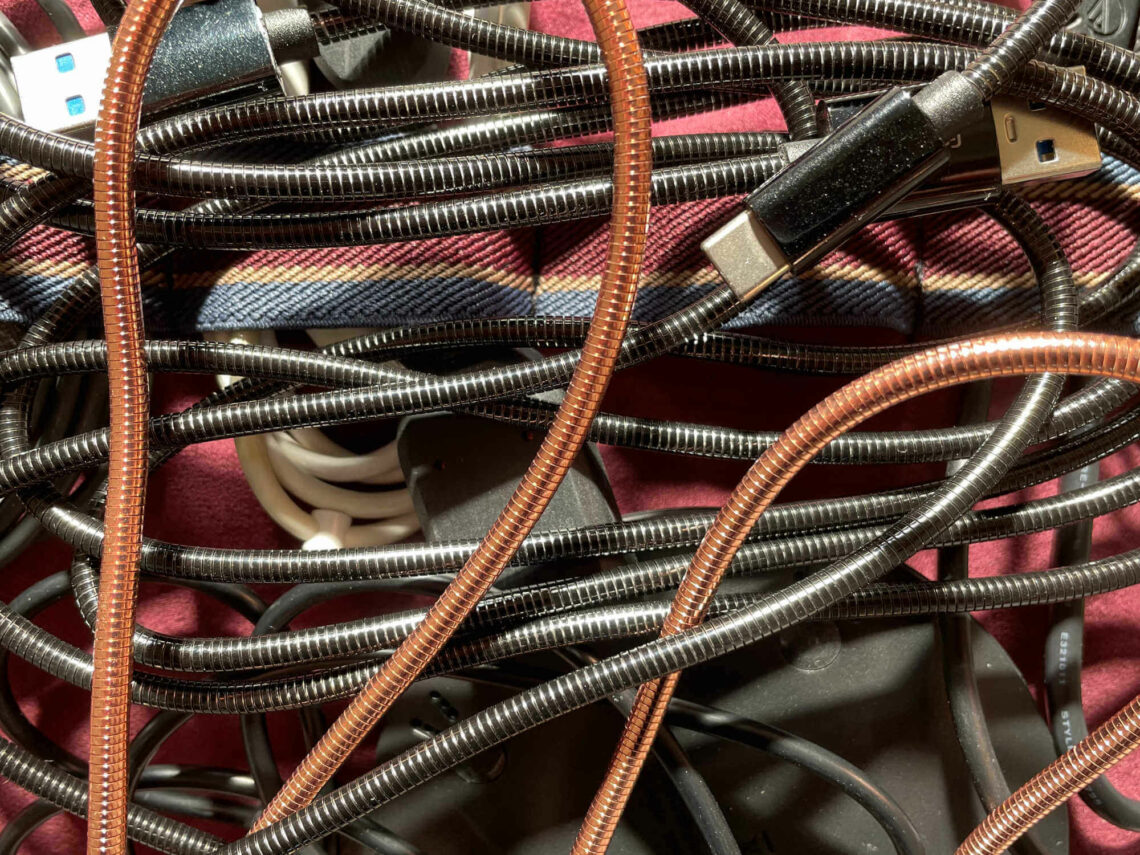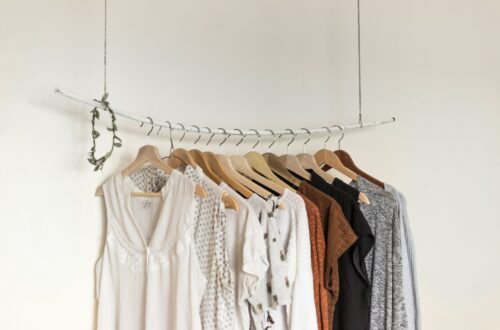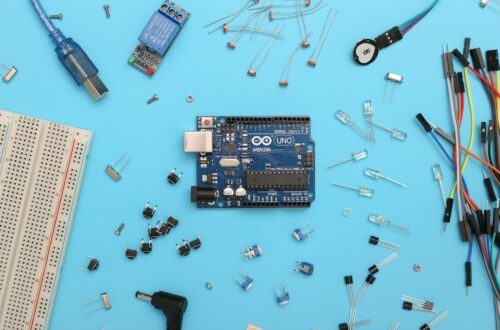
How To Recycle Old Electronics
How many old phones are in the drawers in your bedroom right now? Any old gadgets in the kitchen that you bought, most likely in the January sale, that are now collecting dust? No shame in any of this, we’re just as guilty.
It’s unbelievably easy to accumulate electronics and technology from mobile phones to old kettles, our homes are full of electronics going to waste. The first thing to say is, don’t bin electronics!
Everything with a plug, battery or cable must be recycled separately from your general rubbish, most councils make this clear on their website.
To help declutter the wires from your home in the most eco-friendly way possible, here are our best ways of recycling electronics.
Donate to Family and Friends
You might not use that blender anymore or particularly want your old iPhone, but family and friends might! Obviously, this only works if the device is still working, don’t try and “donate” a broken toaster to a family member, they won’t appreciate it, but if all it takes is a bit of a clean and it’s good as new they probably will.
We would recommend donating to family and friends who want it over donating to a charity shop. We’ve spoken before about how donating to charity shops isn’t always the best solution as they can’t sell everything and a lot of what they receive still goes to landfills.
Passing it on to a loved one increases the chance of it being used and loved before it has to be recycled.
If you’ve got devices that still work that are still desirable you can also try selling them to earn some extra money and cut down on waste. Services like Facebook Marketplace and Shpock are free to use, but fair warning they do take a lot of time and you could end up storing your items awhile before they’re sold.
Take It Back To The Place You Bought It
We love to see companies doing their bit and starting to implement closed-loop product systems. Many companies now advertise that they will take back old devices and products and recycle them for you.
AO.com takes back the majority of white goods, they do charge £20 for the service but if you’re swapping a fridge it could come in handy. Even better are Currys, they also do a white good recycling service but you can recycle small devices including computers, toasters and vacuum cleaners in-store for free. It doesn’t even need to be something you bought from them. The retailer take-back scheme currently has 10,000 stores working as part of the scheme and the number is growing all the time. We love to see it!
Contact Your Local Council
The good old-fashioned way to recycle devices is still around – the local council. Most recycling centres in the UK have been upgraded to take everything from small appliances to washing machines.
Visit your council website and confirm what your local centre will take and see if you need to book a slot.
Buy Mindfully To Reduce Waste
Recycling your electronics is one thing, but the trick is to not excessively buy them in the first place. We’d be willing to bet that you don’t need a new iPhone every year or a brand new kettle when the old one still works perfectly fine.
To cut down on the creation of electronic waste we all need to buy more mindfully. Choose household appliances that are neutral colours so they’ll fit your home no matter how many times you redecorate. Thoroughly research what you need from your new device so you don’t have buyer’s remorse and feel like you want to replace it in a year.
If you don’t need to buy brand new, consider secondhand or ask your family if they have what you need that they don’t use or wouldn’t mind lending to you. From a consumer perspective, the best way to reduce waste is to reduce how much we buy in the first place. It’s not a fun solution, but it is the most effective.
What are the benefits of recycling electronics?
One of the biggest problems with the production of electronics is the damage it does to our environment. Mining for raw materials, manufacturing new devices and shipping them around the world does untold damage to the environment, then we get to what happens when they’re thrown away.
When we throw away our old devices we lose valuable resources such as copper, gold and aluminium. These are resources we can’t afford to simply be throwing into a landfill. Properly recycling devices ensure they either have a longer lifespan or they’re turned into something useful again.
–
Corporations still have a lot to do in terms of making their production processes more eco-friendly, and it’s important to highlight to companies what they need to be doing. If you go to buy something new and they don’t have a take-back scheme, ask them why! The more of us that highlight we want these services and we want them to do better with their environmental policies the more likely they are to introduce green policies.
In the meantime, ensuring that we responsibly dispose of devices we no longer need, through donating or recycling, is the best way to be more eco.





